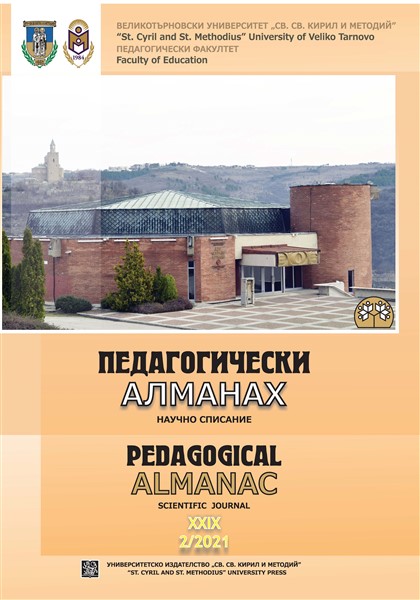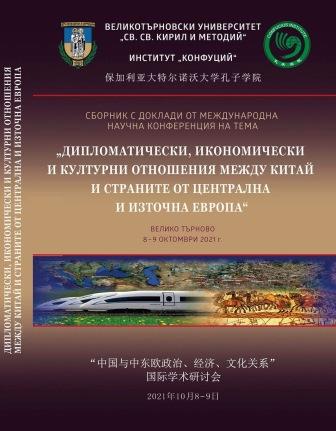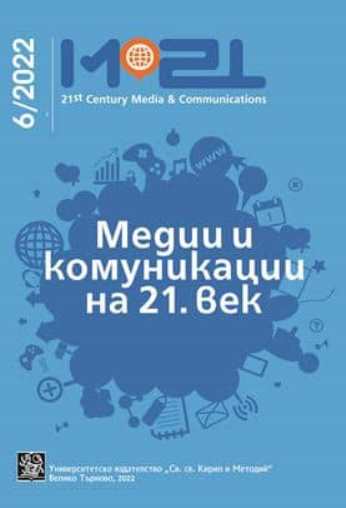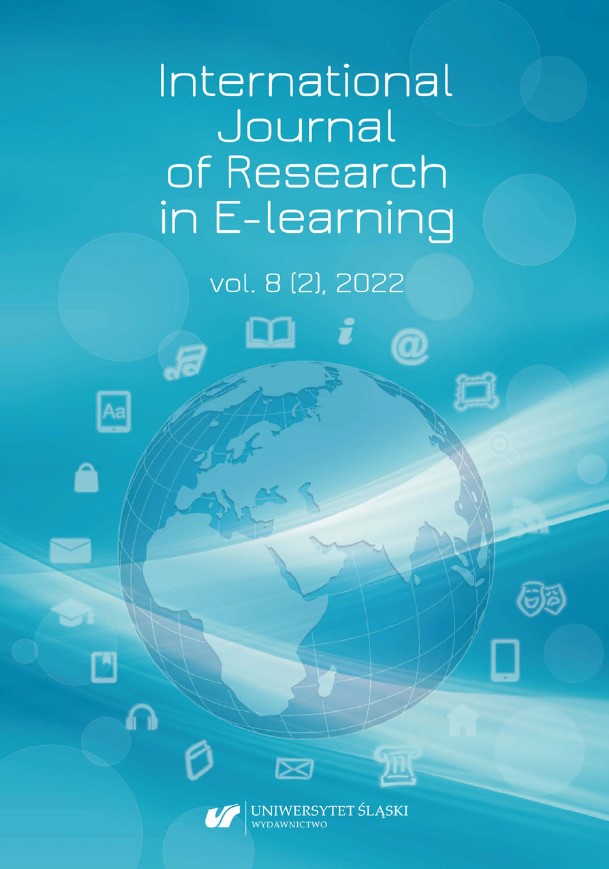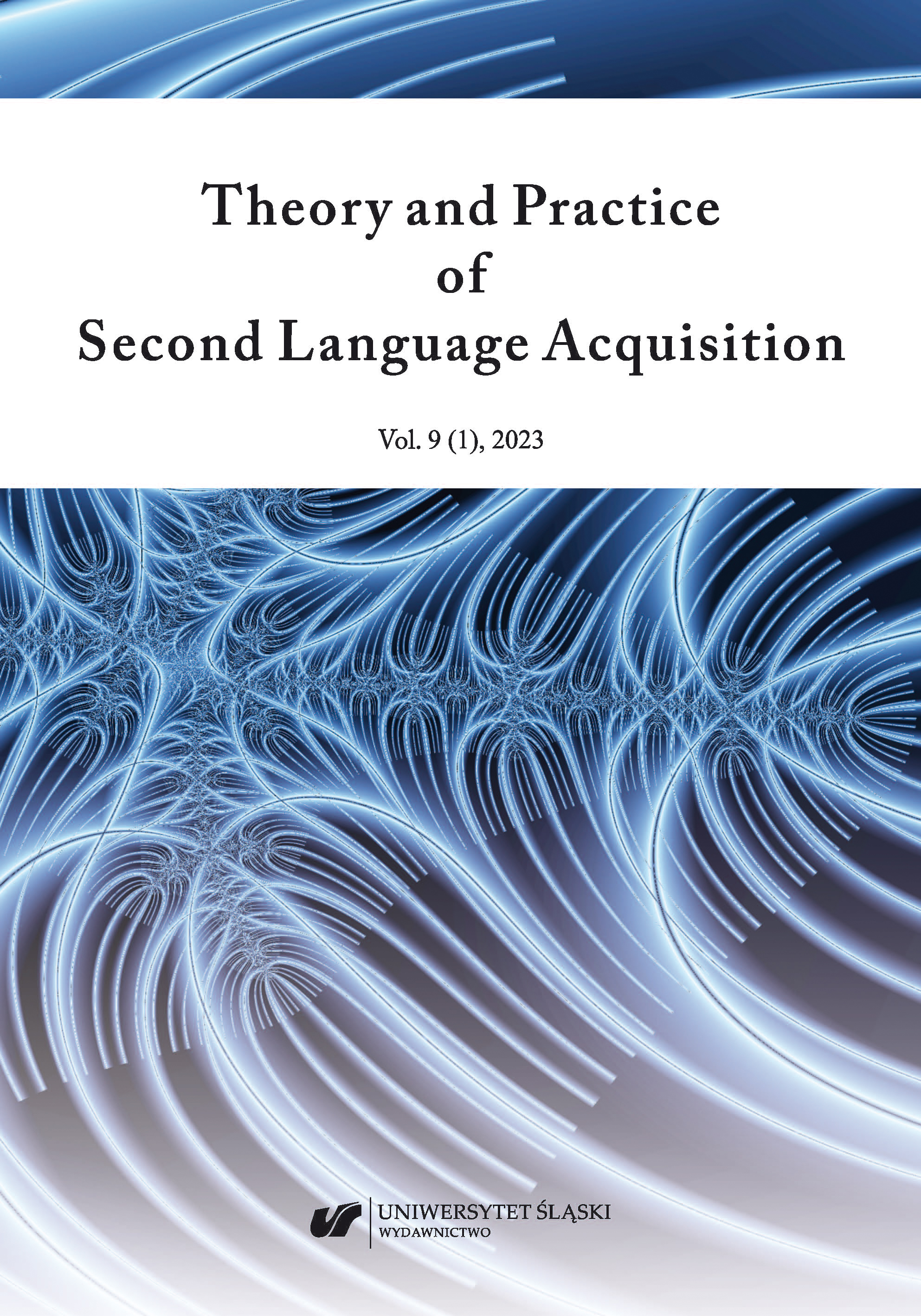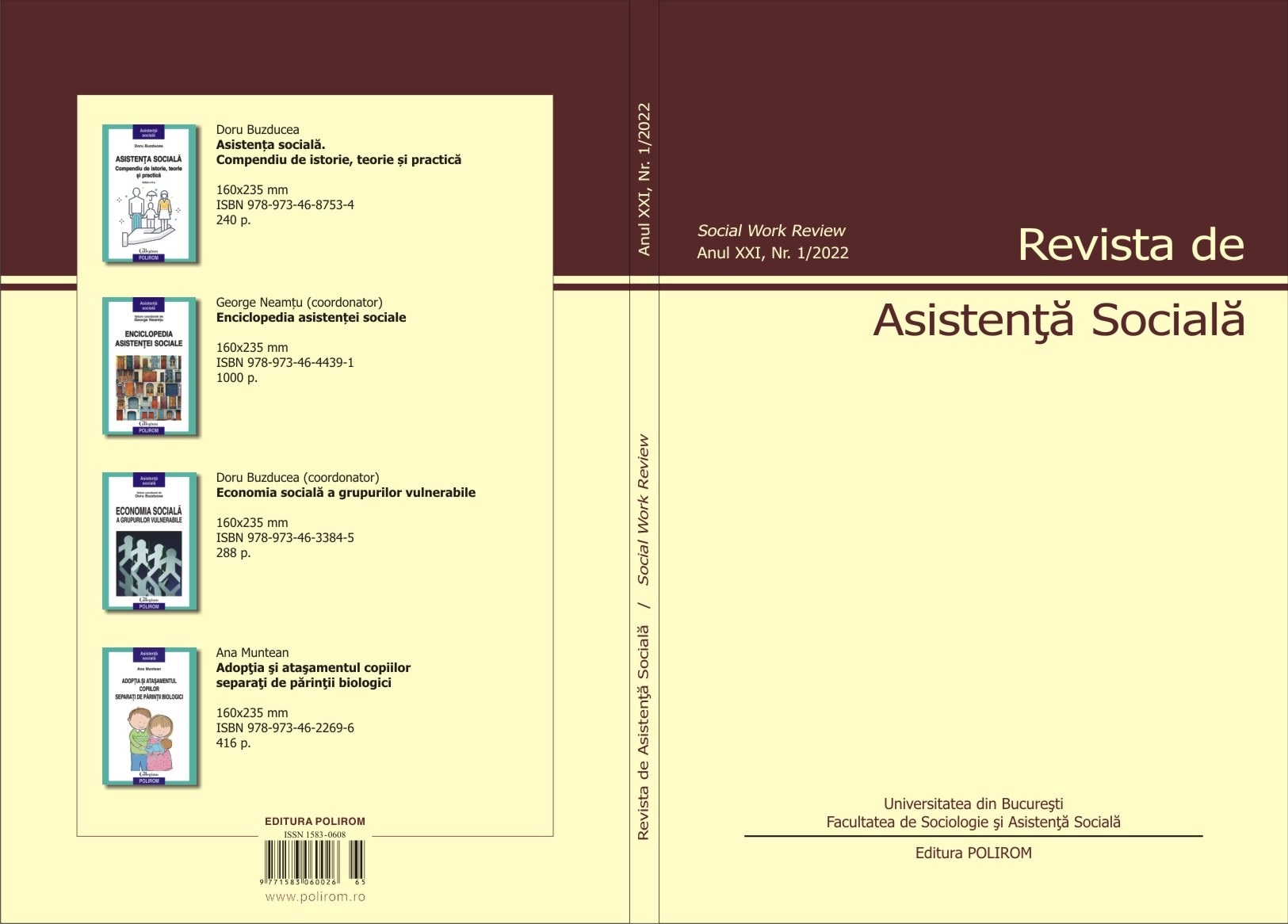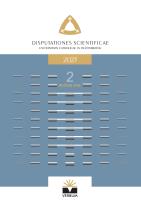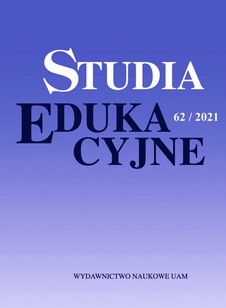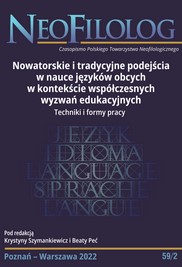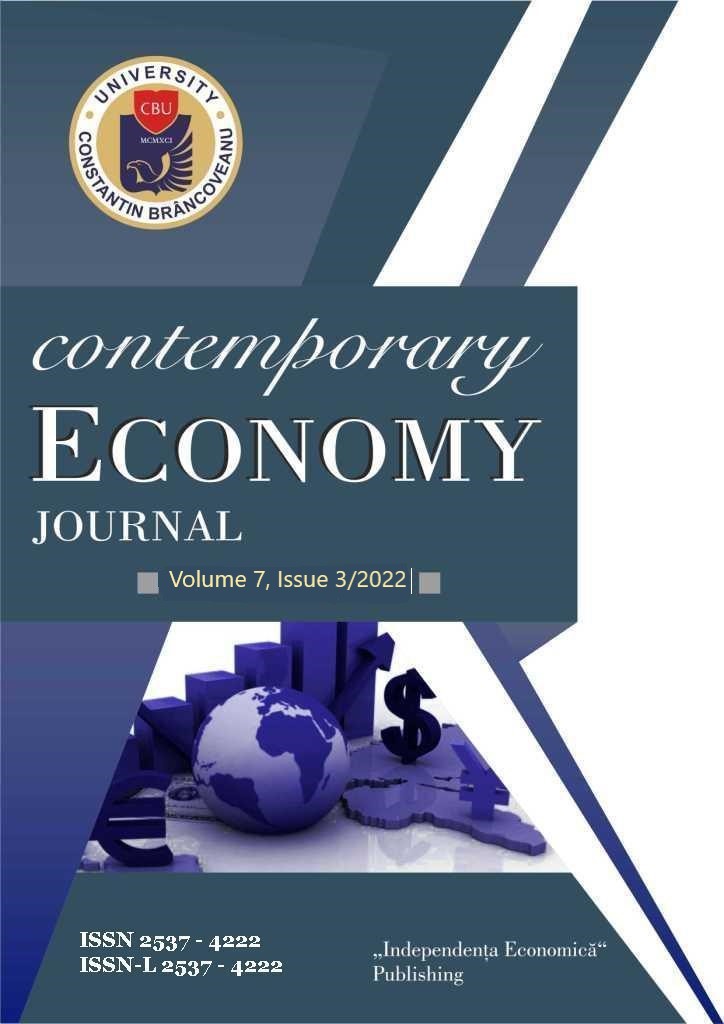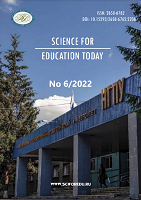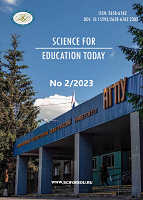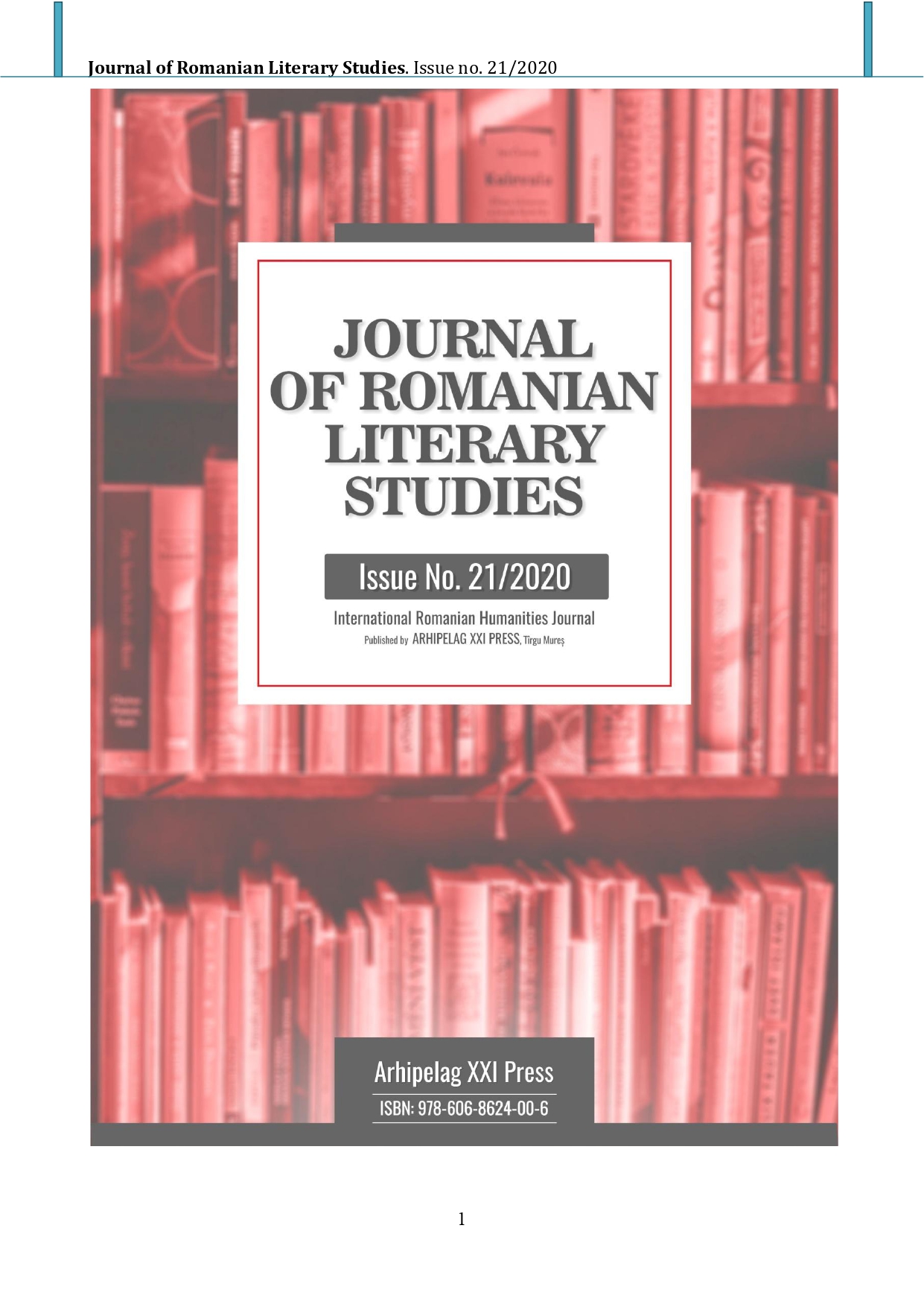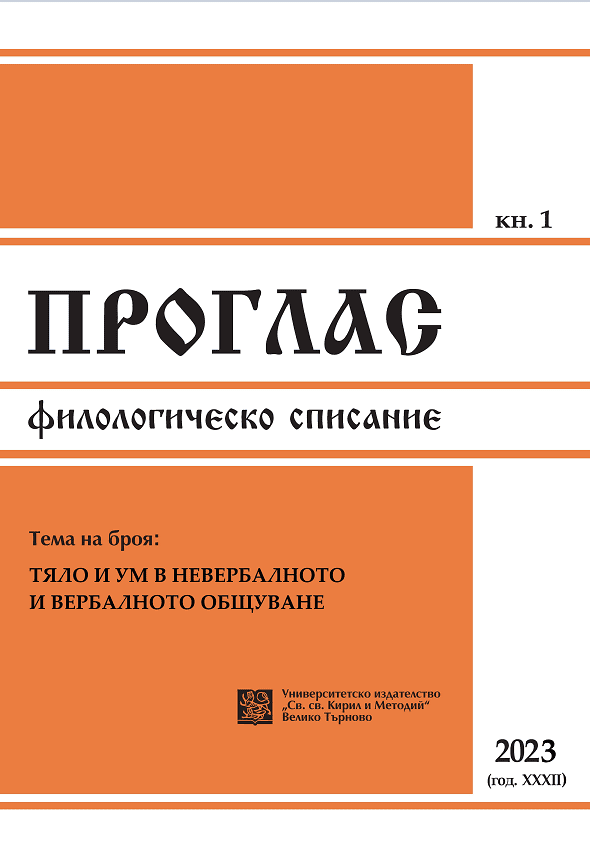Author(s): Anzhelika A. Novikova / Language(s): Russian
Issue: 2/2023
Introduction. This paper studies the formation of students’ cognitive ability in modern conditions, which is related to identifying the components within the structure of cognitive competence and identifying factors determining development. The purpose of this research is to assess the level of students’ cognitive competence and to reveal efficient educational technologies contributing to their formation. Materials and Methods. Research methods include literature analysis, generalization and comparative analysis, and the rank correlation method. The sample included 93 students aged between 15 and 24 years from Tobolsk secondary schools, vocational schools and universities. In the diagnostic part of the study, the psychosocial tests and questionnaires by E. E. Tunik, T. D. Dubovitskaya, A. V. Karpov, A. V. Pashkevich and O. V. Gordeeeva were used. The structure of cognitive competence were measured using socio-psychological scales: 6 subtests by R. Amthauer, conceptual thinking scales as well as through the expert teachers assessment of students’ learning and cognitive competencies. Mathematical statistical methods were used to process the results obtained. Results. The study reveals key components within the structure of cognitive competence: analytical and conceptual thinking; informational, motivational, and learning cognitive competencies; and students’ personal qualities (curiosity, independent judgment, resourcefulness, creativity, reflection, self-control, responsibility). The author identified leading teaching interventions that contribute to increasing interest in learning, the assimilation of knowledge and the independence of cognitive activities. They include immersive and innovative educational technologies. Moreover, the author substantiated the effectiveness of using traditional educational forms in teaching and learning process, which determine the formation of basic components of cognitive competence, associated with the conceptual and analytical thinking. Low academic motivation index affects the formation level of students’ overall cognitive ability. Conclusions. Within the framework of the competency-based approach, the formation of cognitive competence is the basis for the development of students’ key competencies within different stages of modern educational system. In order to evaluate students’ cognitive competence, it is advisable to single out its components and determine tools for their measurement. Based on the correlation study of applied educational technologies with the structural components of students’ cognitive competencies, it is necessary to single out the most efficient educational means of their formation.
More...
